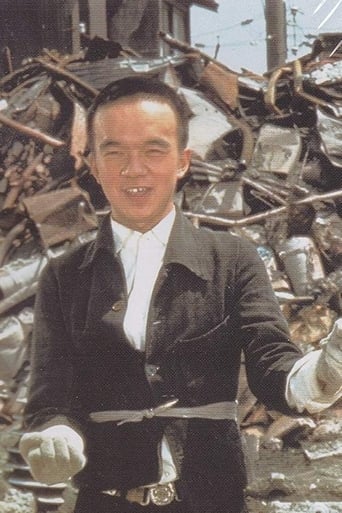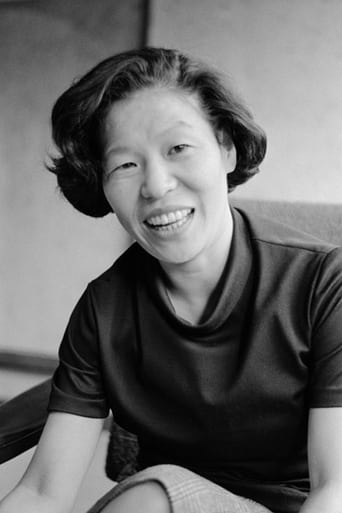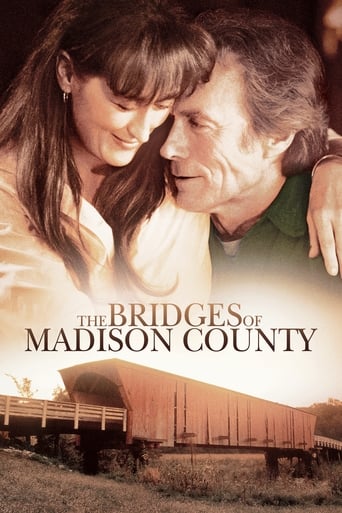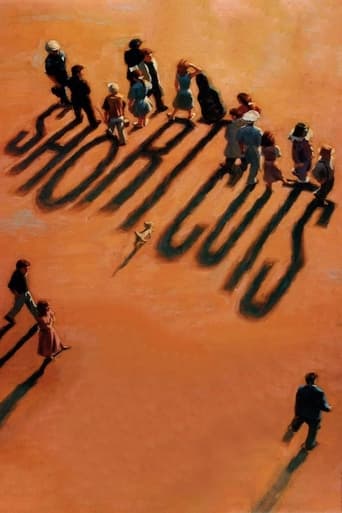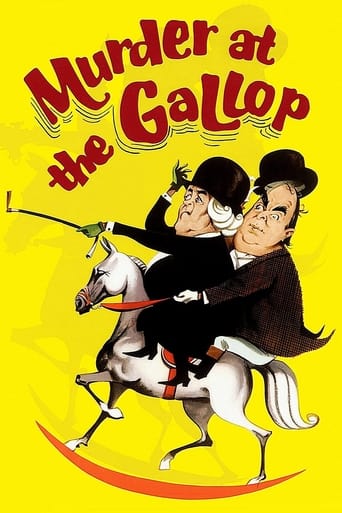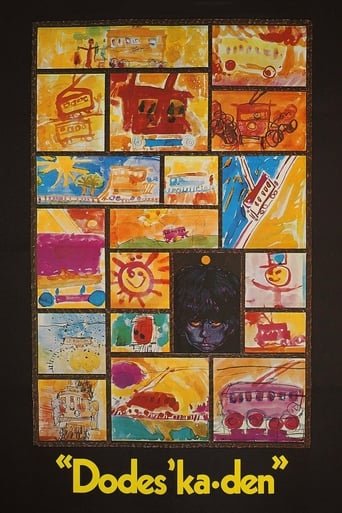
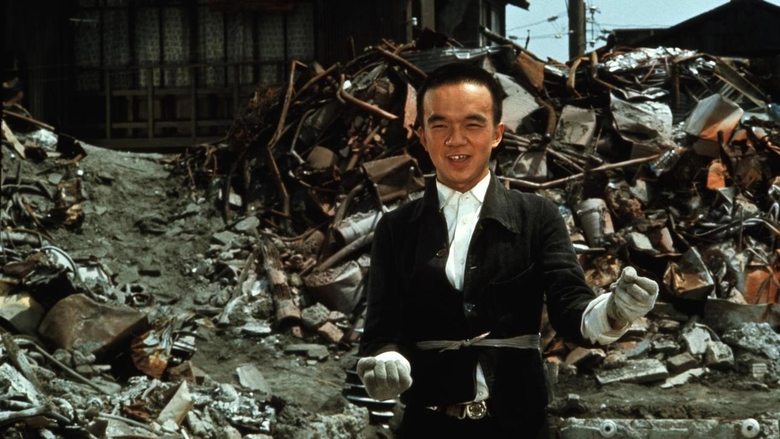
Dodes'ka-den (1970)
This film follows the daily lives of a group of people barely scraping by in a slum on the outskirts of Tokyo. Yet as desperate as their circumstances are, each of them—the homeless father and son envisioning their dream house; the young woman abused by her uncle; the boy who imagines himself a trolley conductor—finds reasons to carry on.
Watch Trailer
Cast


Similar titles
Reviews
Various tales in the lives of Tokyo slum dwellers, including a mentally deficient young man obsessed with driving his own commuter trolley."Dodesukaden" was Kurosawa's first color film, and is notable for how well he transitioned. After the success of "Red Beard", it took Kurosawa five years before this film appeared. Very few of the actors from Kurosawa's stock company of the 1950s and 1960s were in it, and most of the cast were relatively unknown. "Dodesukaden" was unlike anything Kurosawa had made before. It gained an Academy Award nomination for Best Foreign Film in the 44th Academy Awards.Apparently it did not do well, though, and only added to Kurosawa's depression. The next film didn't come out for another five years, and his output in general greatly slowed down. This film is a prime example of an artist not recognized in his own time. Today Kurosawa is widely considered the greatest Japanese director (with the only real competition coming from Ozu), but apparently this acclaim came later, as he had trouble filling theater seats...
This, and "Hidden fortress" are the Kurosawa's that are most dear to me. I don't hand out 10's like candy, but this certainly deserved it, if anything. Even though it's quite long (like all Kurosawa's pretty much are) it concurred the problem which bugs me with most of his films; the storyline is often too loose and slowly evolving, containing scenes that are unnecessary or just lenghtened too much without any real purpose to the storyline or the character description. Dodesukaden delivered to me the same experience that for example "Hidden fortress" did; despite its lenght, there wasn't a single minute I would cut out.This is also a very unusual Kurosawa film in a way, it has no storyline, but many little independent stories which are based more to the character description than storyline, unlike any other Kurosawa-film I have seen so far. It also leans much on the dialogue, which he uses brilliantly (especially in the story between the father and the son planning their "new house"). Still the thing that makes this one a masterpiece is how the subject being so tragic as it is, is managed to be described so humanely and sympathetically, without pointing fingers at anybody at any point. From the beginning to the end it delivers the whole emotional scale from laughter to tears in perfect balance.
"Dô desu ka den" is the first colored movie of Master Akira Kurosawa, and surprisingly is not about samurais, ronins, warlords or battlefields. It is inside a very poor community in a slum in Tokyo, where the dwellers are homeless drunkards, beggars, tramps, abused women, losers. I do not know the reason why Kurosawa selected this tragic theme and environment to put colors, but indeed they are very sad stories, some of them heart-breaking. I personally like the touching story of the boy and his father that dream with a house of their own and built by them; the story of the retarded boy that believes he pilots a train; the story of the man that raises five children as if they were their own sons and daughters; and the story of the young woman abused by her stepfather. My vote is nine.Title (Brazil): "Dodeskaden O Caminho da Vida" ("Dodeskaden The Way of the Life")
Its definitely not for everyone; a great artist, when he is experimenting, often alienates a large percentage of the public. For my money, its one of the more amazing films of all time, and contains numerous scenes which I can recall vividly; the now-over-the-edge of sanity father exclaiming "the house is finished!"; the stuttering husband defending his rude wife to his guests; the monk offering all of his possessions to a thief; and most of all the incredible closing scene, as the camera pans across walls covered with amazing color drawings of trolley-cars. The compassion Kurosawa shows for humanity is deep and profound; there is nothing else in the annals of film quite like the Buddhist-influenced post-WW2 works of the Japanese directors. There are many many millions of people on the planet today who do not live as well as this little community in the middle of their garbage-dump.


